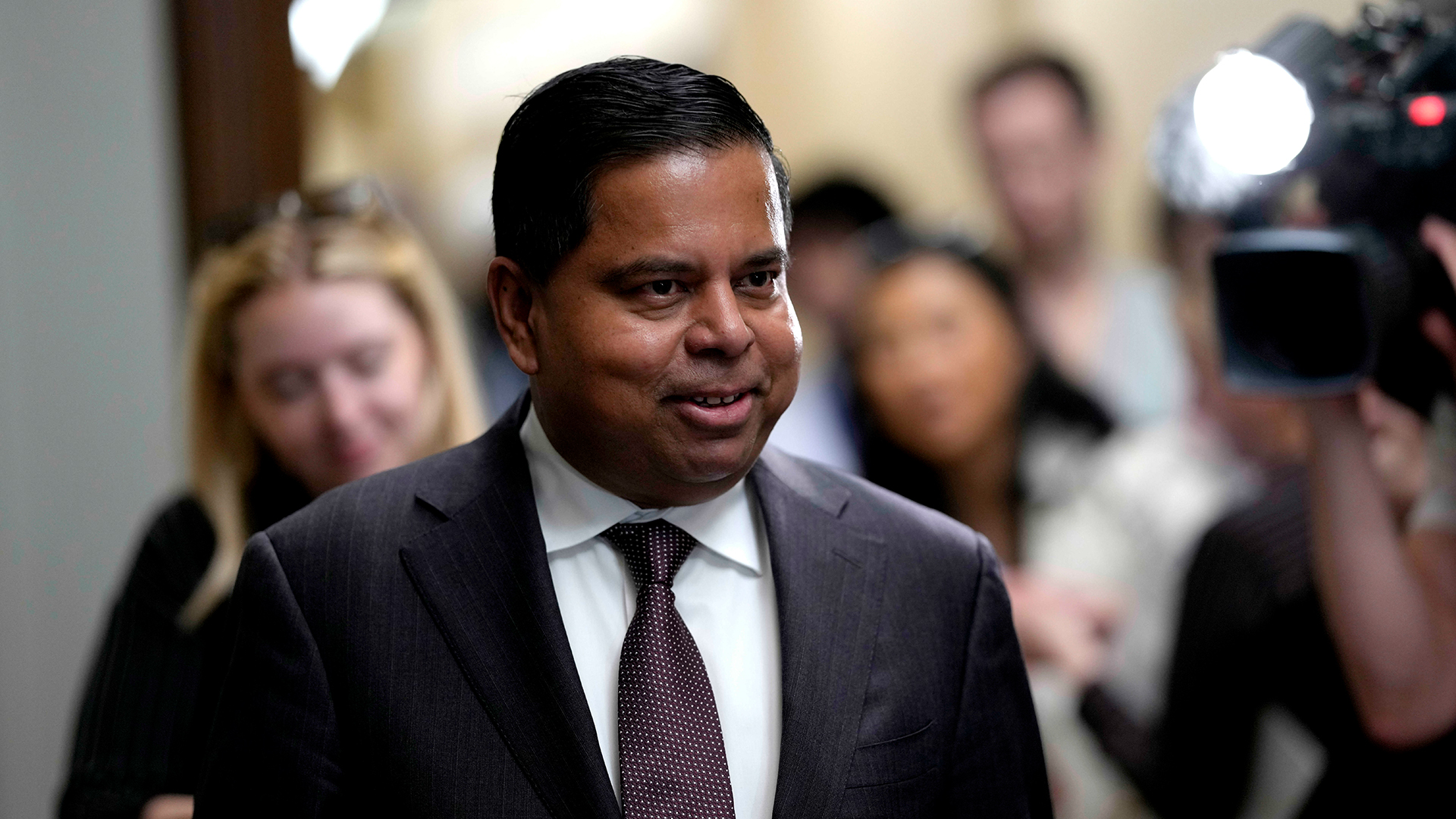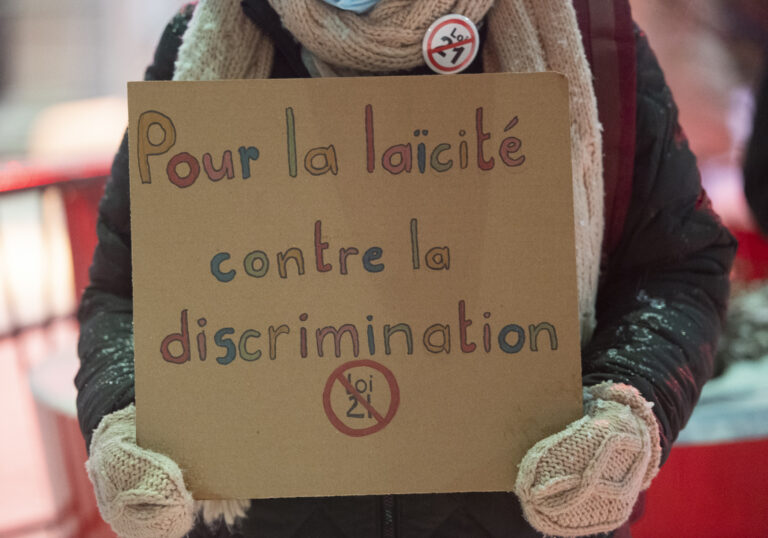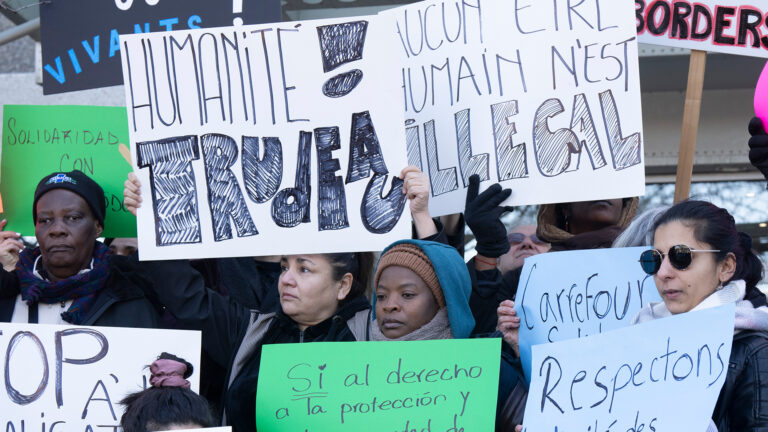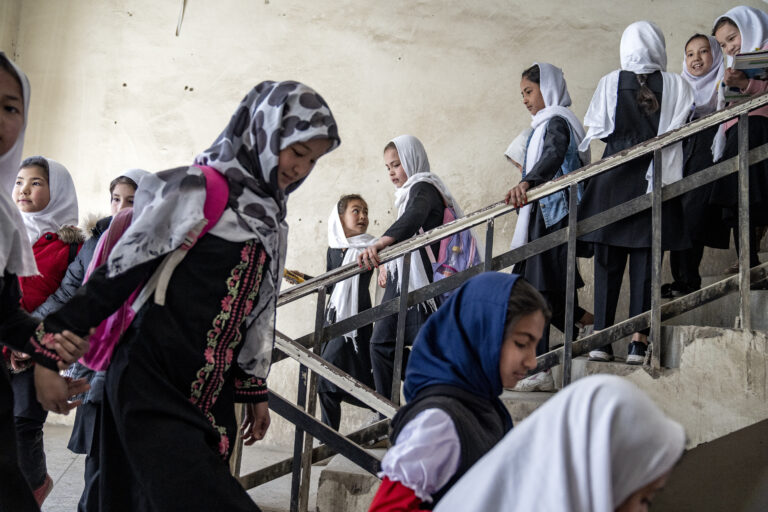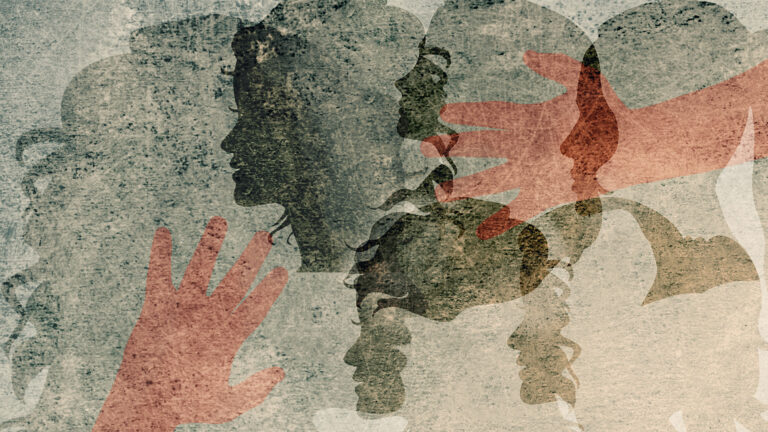Headlines in recent weeks about Public Safety Minister Gary Anandasangaree’s past advocacy for the Tamil community have reignited questions about who truly belongs in Canadian public life. Critics have pointed to his long-standing involvement in Tamil human rights efforts as problematic. They imply dangerous affiliations, but don’t adequately provide the political and historical context of his actions.
This public discourse signals something deeper than one minister’s past. It exposes Canada’s ongoing struggle to integrate post-conflict diaspora communities into its national story — and policy landscape.
Nor is this moment about one person. It is about whether our democratic institutions are prepared to accommodate communities shaped by war, forced migration and international justice efforts — or whether we will continue to treat these communities as security threats rather than civic partners.
A post-conflict diaspora in a democratic state
Many people who have been displaced from their countries, usually due to war or violence, maintain connections to their homelands while living in another part of the world. Tamil Canadians, many of whom arrived during and after Sri Lanka’s decades-long civil war, are one of the largest post-conflict diaspora communities in Canada. From 1983 to 2009, there was intense fighting between the Sinhalese-dominated government and Tamil militants, including the Liberation Tigers of Tamil Eelam (LTTE), also known as the Tamil Tigers. The fighting took at least an estimated 80,000 to 100,000 lives, and there were widespread reports of war crimes and civilian massacres, particularly during the conflict’s final months.
Many Tamil families fled not just general violence but targeted persecution, disappearances and state repression. Canada became a refuge: In 2021, it was estimated that nearly 240,000 Tamils had settled here. Over the decades, Tamil Canadians have become deeply embedded in our society — as civil servants, researchers, lawyers, entrepreneurs and elected officials. Yet despite their contributions, their experiences are too often sidelined or misunderstood in policymaking and public discourse.
The burden of political baggage
The security environment in Canada after the 9/11 terrorist attacks in the United States cast a long shadow over Tamil advocacy and civic engagement. In 2006, Canada officially listed the LTTE as a terrorist group — a designation that many Tamils felt overlooked the complexity of the conflict and its state-sponsored atrocities. The LTTE was indeed responsible for violent tactics and authoritarian practices, but for many Tamils living under siege it represented a form of protection in the absence of international intervention.
Despite this nuance, Tamil community events, advocacy efforts and even cultural celebrations in Canada were often surveilled, policed and portrayed as suspicious. The result was a chilling effect on Tamil public participation and led to a generational burden of constantly having to prove that expressions of their identity were not dangerous.
Recent calls for Anandasangaree’s resignation, based on his past Tamil advocacy, have revived this atmosphere of scrutiny. But they also highlight a policy failure: Canada has not invested in ways that allow post-conflict communities to engage politically without fear of being branded extremist. Canada lacks clear public policy to distinguish between legitimate diaspora advocacy — such as calls for accountability or justice — and actual support for banned or violent organizations.
Policy failure #1: No history or specific policy
Canada does not currently have an explicit “diaspora policy” nor does it mandate the kind of historical literacy that should inform national security assessments, integration efforts and reconciliation strategies — particularly in relation to Tamil Canadians and other diasporas shaped by conflict. This vacuum leaves these communities vulnerable to being stereotyped and to one-size-fits-all treatment under anti-terrorism laws.
A robust policy response should include:
- Context-sensitive involvement: Government agencies, including Public Safety Canada and Global Affairs Canada, must develop more sophisticated approaches to engaging with communities from conflict-affected regions. This includes educating staff on the history, diversity and trauma that are part of these communities.
- A stand-alone office: Canada should establish a permanent federal office for diaspora affairs. It could serve as a bridge between communities and government, offer advice on culturally appropriate policymaking and support responsible civic engagement by diaspora groups — without defaulting to surveillance or criminal suspicion when these groups advocate for justice abroad.
- Access to information: Many Tamil Canadians suspect they were surveilled during the height of the war. Canada should review and declassify outdated intelligence assessments that may have shaped discriminatory policies. This would be similar to how national security files have been disclosed in other jurisdictions to promote trust and accountability.
Policy failure #2: Invisibility
Despite being one of the largest racialized communities, Tamil Canadians are rarely separated out in national statistics. Without data, there can be no tailored policy. Health outcomes, employment access and experiences of discrimination in the Tamil community remain under-researched, which makes it harder to address specific needs.
Additionally, there are no formal federal or provincial initiatives acknowledging Tamil history in Canada. Ottawa, Ontario and British Columbia have declared January Tamil Heritage Month, but this symbolic recognition has not translated into concrete support for Tamil civic life, education or mental-health services.
Key reforms could include:
- Distinct Data: Federal and provincial governments should commit to collecting data specific to Tamil Canadians — especially in health, employment and justice sectors. Health statistics could highlight the prevalence of untreated post-traumatic stress disorder among war-affected individuals and lead to targeted mental-health services. Employment information could reveal systemic barriers in credential recognition or workplace inclusion, while justice data could inform culturally responsive legal aid or diversion programs.
- Education reform: School curriculums should include content on the Sri Lankan conflict and refugee experiences. Younger Tamil Canadian generations and their peers from other backgrounds could then better understand the history that shaped Tamil communities in our country.
- Mental-health investment: Targeted funding for trauma-informed services in Tamil-majority neighbourhoods is essential. Post-conflict communities often carry intergenerational trauma, and culturally competent services remain scarce.
Public representation and democratic inclusion
That Anandasangaree — a human rights lawyer and former UN delegate — is now Canada’s public safety minister is symbolically powerful. But the backlash to his appointment in May reveals a double standard often applied to racialized politicians. While mainstream leaders are allowed complex affiliations and evolving views, racialized leaders must constantly distance themselves from their roots — lest their identity be read as bias.
This isn’t an isolated phenomenon. Muslim Canadians, for example, face similar scrutiny. Mass surveillance of their communities in the aftermath of 9/11 has fuelled Islamophobia and racialized narratives that Muslim leaders and activists must continually fight to overcome.
Canada must move beyond this double standard. We need to recognize that post-conflict communities have a right to civic and political participation — not despite their histories, but because of them.
Toward a more inclusive future
The attacks on Anandasangaree may fade from headlines, but they reveal a lingering discomfort with diasporic communities shaped by complex conflicts. Canada’s public policy must catch up with the country’s demographic realities. Inclusion must be more than symbolic.
The federal government has rightly prioritized equity and anti-racism in recent years. But unless these priorities extend to how we interact with post-conflict communities — in security, education and public service — they will remain incomplete.
We must ensure that younger Tamil Canadians do not inherit the suspicion that shadowed their parents. That means building public institutions capable of viewing communities not just as security risks, but as survivors, contributors and storytellers.
Justice isn’t just about courts and laws. It’s about who feels at home in our democracy.
Author’s note: This article was written in my personal capacity and does not represent the views of my employer or any government institution.
